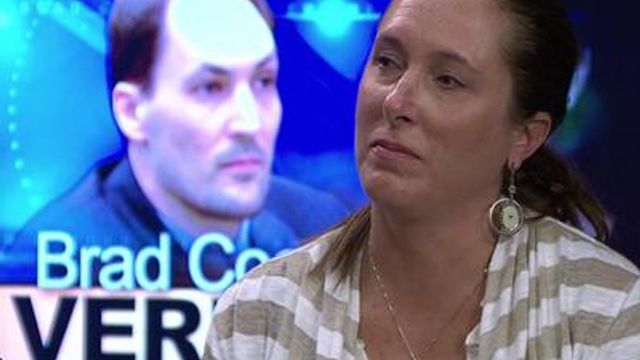Brad Cooper juror speaks out about murder trial
Nearly a month after Brad Cooper was found guilty of killing his wife, Nancy Cooper, one of the 12 people who decided his fate is speaking out about the jury's decision.
Posted — UpdatedSpecifically, Gilbert said, was testimony from two FBI agents who testified about Internet searches on Brad Cooper's laptop computer, including maps of the location where his wife's body was found.
"The evidence presented by Special Agents (Gregory) Johnson and (Chris) Chappell drove the outcome on this case," he said. "It caused a lot of the other circumstantial evidence to become relevant and credible."
Brad Cooper, 37, was arrested in October 2008, more than three months after his wife, Nancy Cooper, was found dead three miles from their Cary home.
He was sentenced to life in prison without parole on May 5 after the longest non-capital murder trial in Wake County.
Nearly 100 witnesses testified over a course of 36 days as prosecutors sought to prove that an angry Brad Cooper, tired and fed up with his wife, planned her murder and carried it out in the early morning hours of July 12, 2008.
Defense attorneys argued detectives never looked beyond their client as a suspect, because they were concerned that a random murder would tarnish Cary's reputation as a safe community. They characterized police work as being "dishonest" and "inept."
It took the jury of 10 women and two men about 10 hours over the course of three days to reach their verdict.
"With a lengthy trial, such as this one, the transition from the presentation of evidence into the deliberation phase felt like being shot from a cannon," Gilbert said. "The emotional intensity of the last few days of the trial (deliberation) was an important and necessary component of the jury process in this case."
"Most of us (the jurors) were undecided when we started deliberations," Gilbert added. "The transition happened quickly, and we needed time as a group to focus on the process and the laws we were instructed to follow. Then with our notes, the evidence presented became clear."
Defense attorneys believe their chance to appeal the conviction is good, saying jurors were never allowed to see evidence that proved Brad Cooper's laptop was tampered with.
Brad Cooper, meanwhile, is still at Central Prison in Raleigh, where he's awaiting a permanent assignment into the state prison system.
Related Topics
• Credits
Copyright 2024 by Capitol Broadcasting Company. All rights reserved. This material may not be published, broadcast, rewritten or redistributed.






